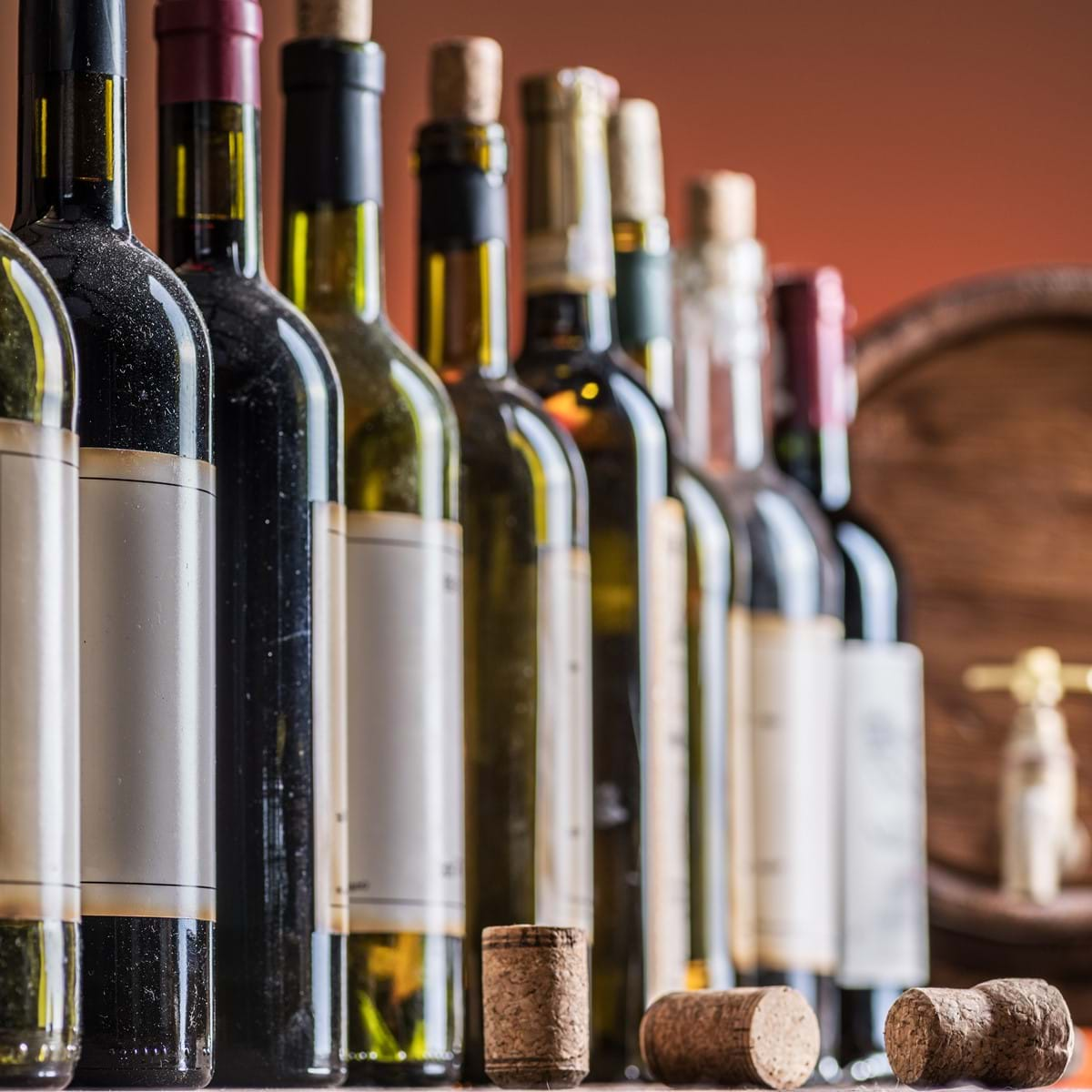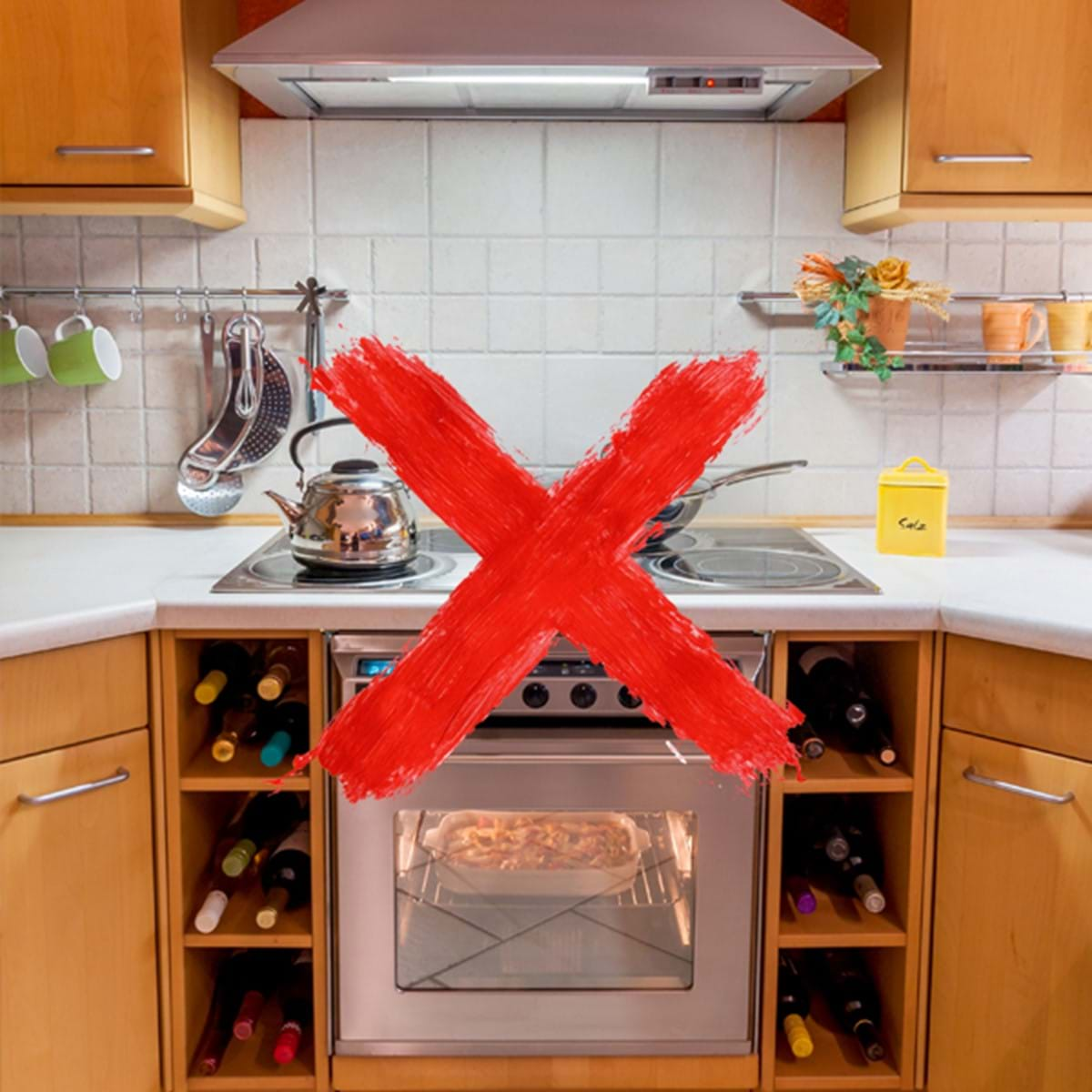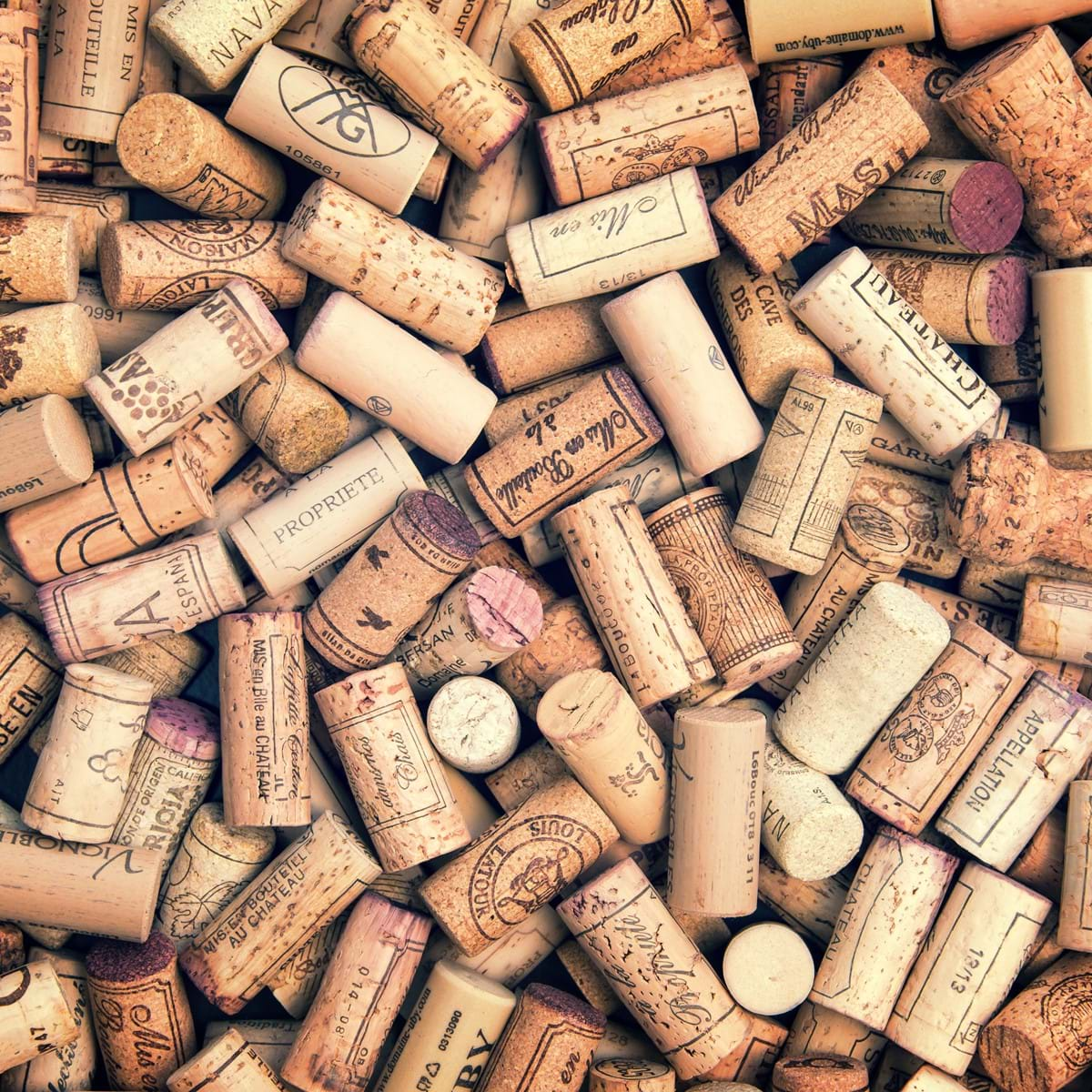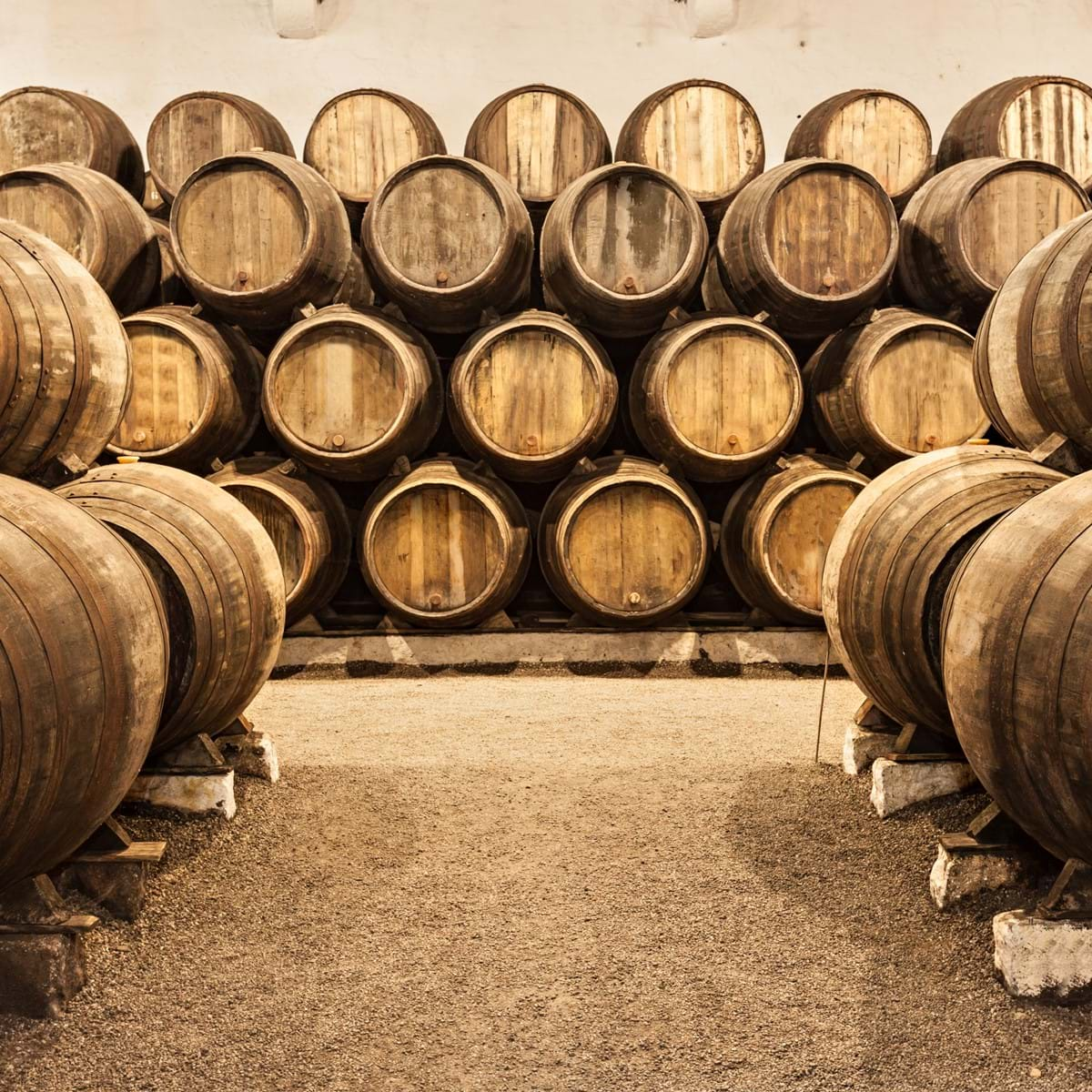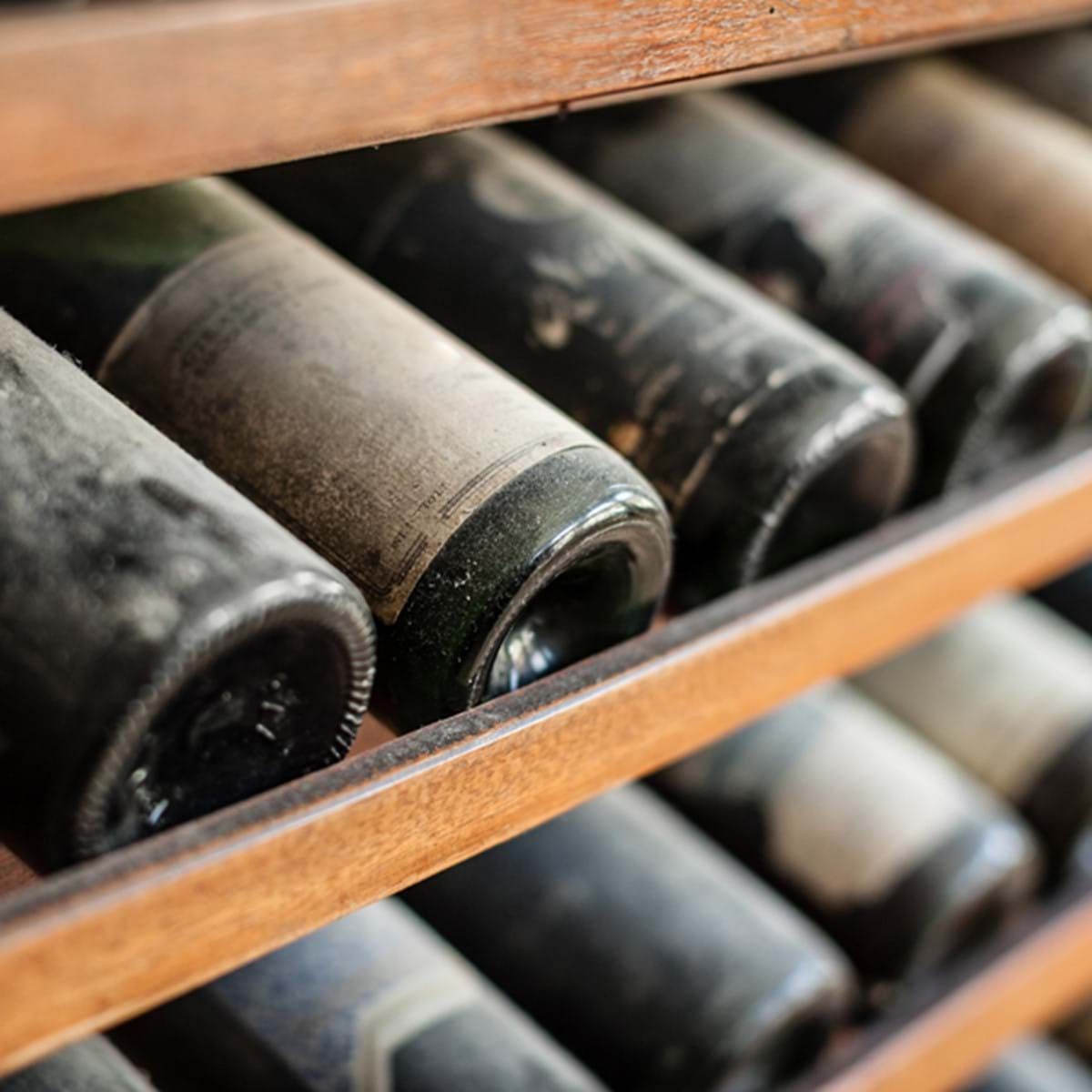Look out for an orange or red-brown colour, with vinegar and sour notes in white wines or lack of aroma and flavour in red wines.
It’s happened to the best of us: you want a glass of wine on Monday, then it sits on the bench until Friday – and now it smells and tastes sour or flat. Oxidation occurs due to bacteria in the wine, which turns the sugar and alcohol into acetic acid when overexposed to air.
Wines can be excessively oxidised during the winemaking process too, and sometimes show oxidation from the moment you open the bottle. Oxygen is a vital part of the winemaking process as it helps with complexity and character. It’s the key factor in why decanting is effective. But just as your cut apple will discolour if left out, oxidised wines will turn from deep orange to red-brown, and sadly it can’t be saved or reinvigorated so has to go down the sink.
One small tip to extend the life of a wine you’ve opened but don’t want to finish? Seal it as tightly as possible and store it in your fridge. The cool temperature will slow the effects of oxidation, which may give you an extra day but not much more.


